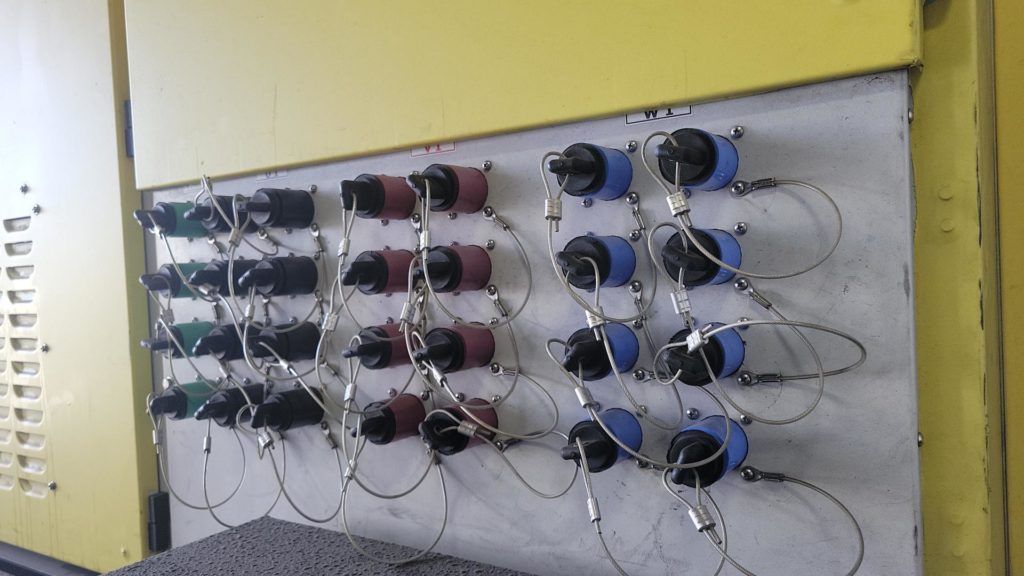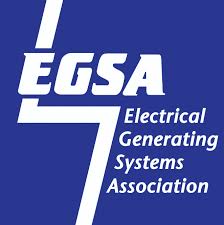A load bank test is a vital exercise that validates the proper operation of a generator. What makes generator load bank testing so essential? Duthie Power Sales Engineer Mike Goodman previously outlined its importance in a Duthie Power video, but we asked Account Manager and former senior generator technician Chris Metz to add his expertise to this topic.
Why do you need to load bank (load test) your generator?

The most common reason our customers want to load test their generator(s) is for compliance. Many entities require you to load test your generator annually; however, this is not why you want to load bank your generator. When a load bank test is being performed on your generator, you are applying a load to your engine and generator set; you’re making it work.
Typically, most generators are tested without load on it – this is equivalent to starting your automobile and never driving it on the road. You may find that your car will start, but when you need it to work (accelerating or climbing a step hill) it does not perform as desired. On generators, just like an automobile, there are different systems working together to achieve one objective. Essentially, we are taking our generator out on a test drive to ensure it is going to work as designed when you need it most. Learn more about the benefits of load bank testing below.
Benefits of load testing: Test your engine
One of the primary benefits of load banking is to test your engine. The engine is going to create the horsepower and rotational force to spin the alternator attached to it, to create the power the load bank is demanding. The load bank applies loads in steps, from a low percentage of the rating of the generator all the way to one hundred percent. Doing this will test the engine and will determine if the engine is ready to perform in the event of an emergency.
Benefits of load testing: Test your cooling system
Another benefit of load banking is to test your engine’s cooling system. Regardless of how well an engine is running or how powerful it is, without a correctly functioning cooling system the engine will not perform for long. Again, this is another system that many times will not show signs of failure when tested without load and this is because the engines cooling system demands are much lower with no load.
Benefits of load testing: Test for stable power
The last benefit of load banking is testing the generator’s ability to produce stable power at different loads. Typically, the generator end, also called the alternator, and its voltage regulator will make voltage just as well without load as they do with load. One common failure point is the voltage regulator; when a voltage regulator is faulty, it typically tends to show instability while under load long before it acts up without load. A failing voltage regulator can cause the generator to make zero to well over the desired voltage. The alternators insulation is also tested during load bank testing. When the generator is tested with no load, there is almost no current going through the alternator; as the current increases, so does the potential for a failure in the insulation inside the alternator.
These top three systems of your generator are vital to its correct operation. Each of these systems can be failing but will not be noticed when there is no load on the system. If any of these systems is not performing as designed, your generator has a high probability of failure right when you need it most.
Schedule your load test
At Duthie Power Services, we know that you want to keep your generator in top working condition so it will run optimally when you need it most. If you have not scheduled a load bank recently, reach out to us at (562) 790-1772 or email service@duthiepower.com to schedule your load bank test.


